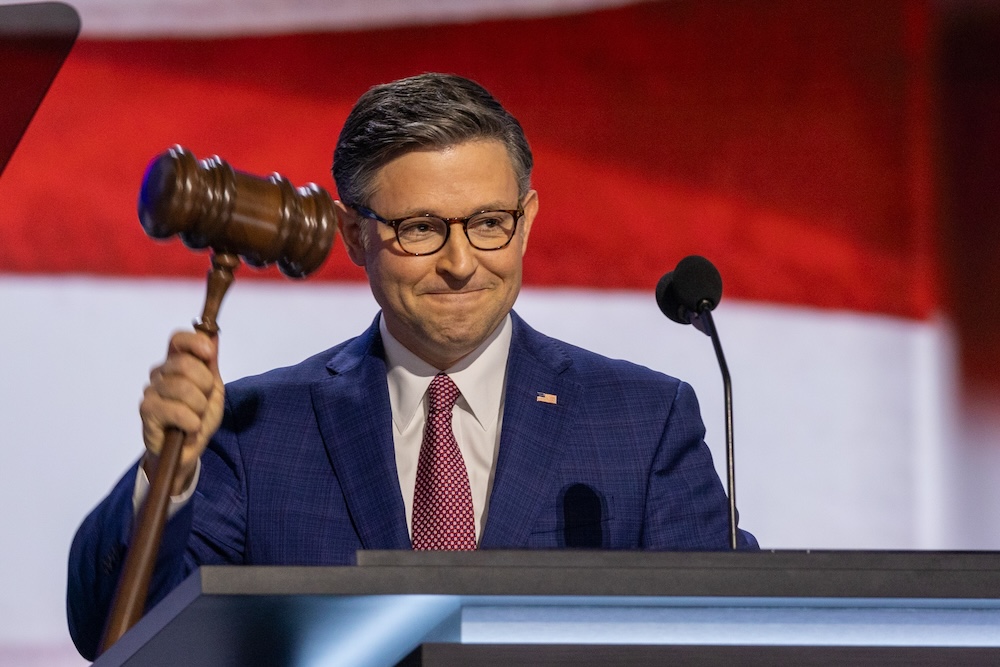The race for the House speakership remains unresolved as Rep. Mike Johnson (R-LA) fell just one vote shy of the required 218 to secure the gavel in the first round of voting for the 119th Congress on Friday. The narrow miss highlights continued fractures within the Republican Party, which has struggled to coalesce around a single leader following weeks of internal discord.
Johnson, a staunch conservative and a prominent figure in GOP circles, faced opposition from three Republican holdouts: Rep. Thomas Massie of Kentucky, Rep. Ralph Norman of South Carolina, and Rep. Keith Self of Texas. If every lawmaker is present and votes, Johnson can afford only one GOP defection.
The Democratic caucus united behind Minority Leader Hakeem Jeffries (D-N.Y.).
WATCH:
A second vote is expected to take place shortly, with pressure mounting on GOP leadership to secure a consensus. Failure to elect a speaker in successive votes could prolong a process that has already consumed significant time and political capital.
President-elect Donald Trump has endorsed Johnson, urging Republicans to support him to avoid delays in advancing the party’s agenda. Despite this endorsement, Johnson’s inability to secure the necessary votes on the first ballot suggests challenges in maintaining party unity. The House will continue voting until a speaker is elected. The absence of a speaker hampers the House’s ability to function effectively, including the certification of the presidential election results scheduled for January 6.
As the GOP scrambles to shore up support, eyes are on the three holdouts, who hold the key to Johnson’s path to the speakership. Whether concessions or private negotiations will sway them in the next round remains to be seen. The outcome will not only determine the speaker but also set the tone for legislative battles in the months ahead.

